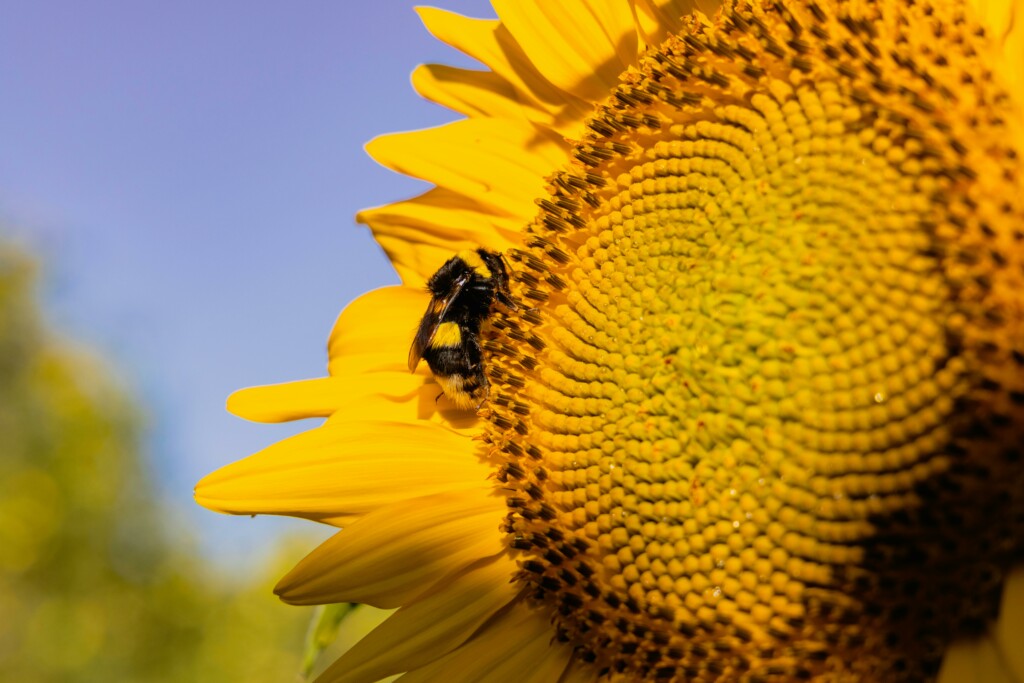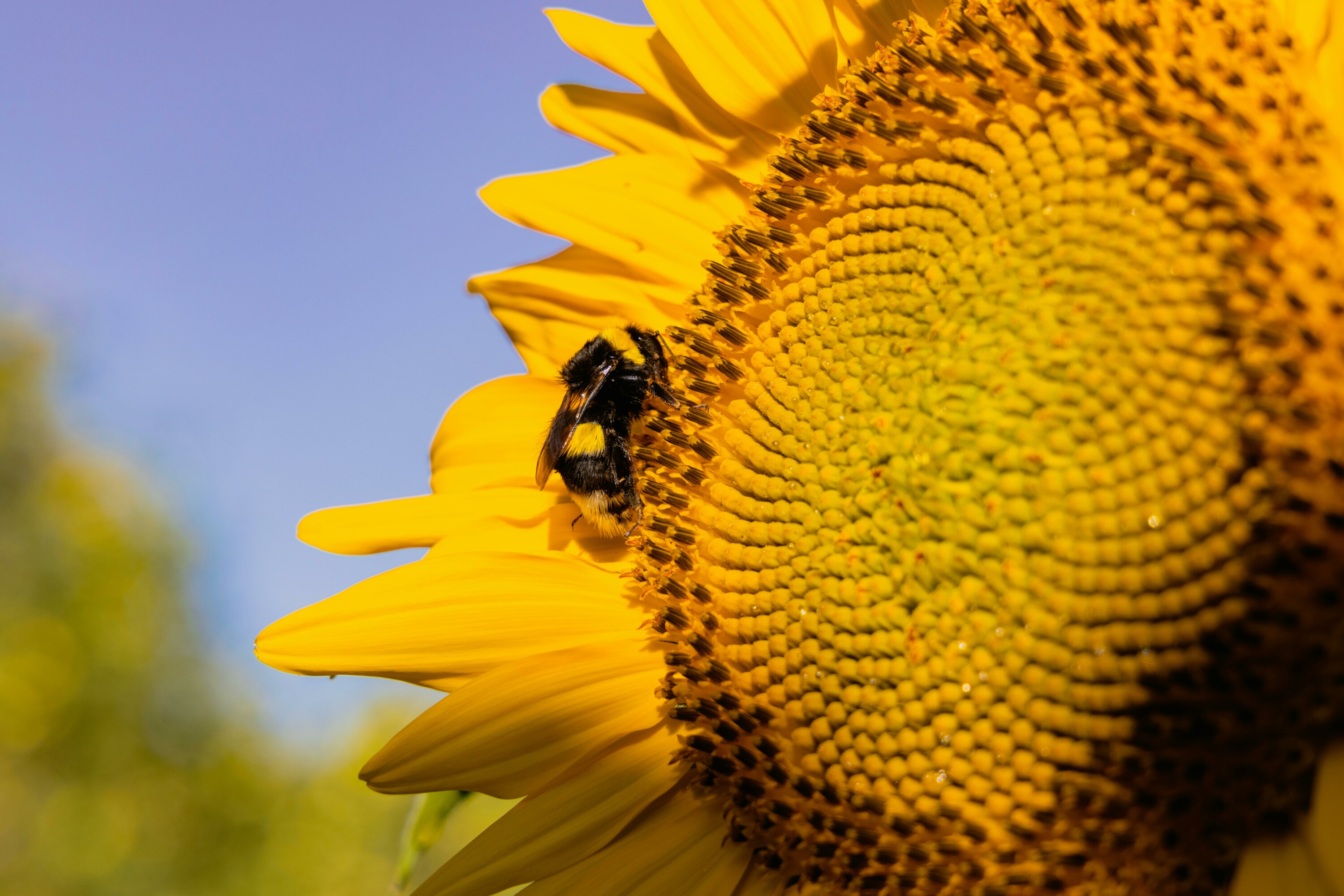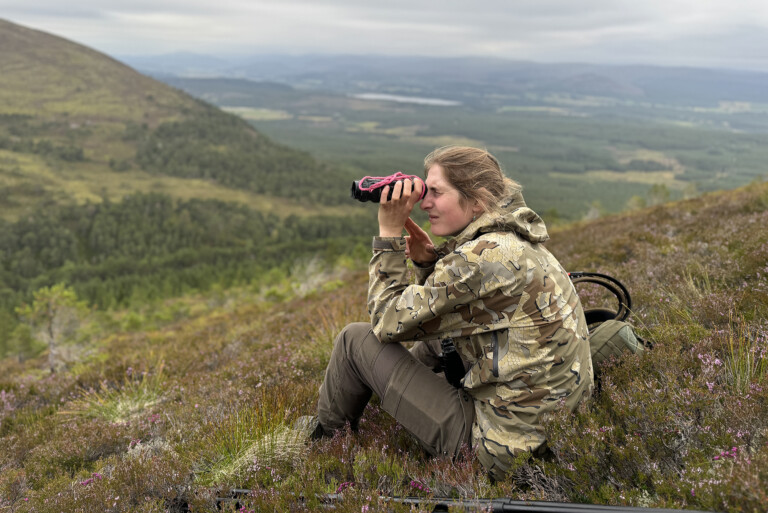Neurodiversity Resources

Celebrating Neurodiversity:
Neurodiversity is good for biodiversity. Find out more about neurodiversity, how to support yourself and others, and how to find success in environmental sector roles.
What is neurodiversity?
You may have heard of the terms neurodiverse, neurodivergent or neuroatypical. These terms can all describe somebody whose brain and cognition functions differently from what is considered ‘typical’ (source: Diverse Sustainability Initiative – Inclusive Language Glossary).
To give a few examples, 1 in 10 people in the UK are thought to be dyslexic, more than three in 100 adults have ADHD, and at least one in 17 people are thought to be dyspraxic (source: BUPA, via JEDI matters).
Why neurodiversity matters
Neurodiversity, like any form of diversity, brings value to workplaces, and more and more employers are recognising and speaking up about this.
The following quote, from a report for employers, ‘Breaking Myths About Neurodiversity in the Workplace’, sums it up well:
“Diversity is a strength regardless of the industry or workplace. It brings different creative minds to the same table, allowing for more innovation that can increase a business’s competitiveness. More diverse mindsets and backgrounds create unique perspectives and ideas” (Source: EZRA)
As individuals, we can all play a part in creating a more neuro-inclusive culture where neurodivergent individuals feel safe to be themselves.
Read on to learn more and to find useful resources for neurodivergent individuals in the environment sector.

Neurodiversity Resources
Across the environmental sector, several organisations and individuals are playing a part in supporting people and raising awareness of neurodivergence.
To find out more about neurodiversity, and find case studies of managing neurodiversity in the workplace, see the following resources from our partners, supporters and other organisations.
Neurodiversity Celebration Week
Learn more about neurodiversity through events for different audiences, as part of Neurodiversity Celebration Week (18th-24th March 2024). See the following website for details: www.neurodiversityweek.com/events
Take it beyond the week: you can learn more about neurodiversity at any time of year, to show support to those around you who may need extra support.
Influencers
Follow neurodiverse leaders and influencers in the environment to inspire you into the many ways to engage with nature. Examples on social media (and beyond) include:
- Tayshan Hayden-Smith, founder of Grow to Know (Instagram)
- Dara McAnulty, nature writer and children’s author (Instagram): ” I was ‘diagnosed’ as autistic when I was 5. Life was isolated and difficult… but I continued to learn, write, photograph and feel joy in doing heartfelt things. […] Nature was and is as big a part of me as my own heartbeat” (from ‘My Story So Far: Autism and Nature‘ on Dara McAnulty’s website).
- Chris Packham, Wildlife TV presenter (Website)
Case Studies
Even beyond big names and influencers, plenty of individuals in successful roles in the environmental sector are speaking about neurodiversity. Case studies often discuss potential barriers individuals have experienced due to their neurodiversity, ways in which their neurodiversity is also a strength, and any useful support they have received. See the following examples:
Job Profiles
Here on the Green Jobs for Nature website, our job profiles reflect a range of experiences. Not everyone is comfortable addressing neurodiversity publicly, but the following profiles include reflections on neurodiversity:
- Matt Heydon, Wildlife Management Principal Specialist: “I’m dyslexic. What’s surprised me is just how many people working in nature conservation consider themselves to be ‘neurodiverse’. This, I believe, means the profession tends to be pretty good at accepting and accommodating such diversity, and that’s certainly been my experience. “
Other Case Studies
Countryside Jobs Service has case studies of neurodiverse individuals in land-related roles:
- ‘Conservation & Neurodivergent Me’, by Alister Harman, Park Ranger: “[Engaging] in small talk is a difficulty, something I don’t always do well with people I’ve known for years […]. Yet, I’ve engaged the public in nature conservation and taught for many years. In that time I’ve been called an excellent teacher, insightful, and patient in my approach. This happens when I’m allowed to quietly connect with people on my own terms.”
- ‘ADHD and the working life‘, by Tracey Churcher, General Manager Isle of Purbeck, National Trust: “ADHD is [often] associated with great creativity. Given that countryside tasks are rarely textbook, the ability to work out how to solve an issue creatively is also a great asset.”
The Diverse Sustainability Initiative has a blog article about the lived experience of neurodiversity, too:
- The benefits of a green job and the outdoors for people who are neurodiverse: “Something that is common with ADHD is having a strong sense of what is morally right and wrong, which lends itself well to a career in sustainability.” — Chloe Andrews. “The outdoors is a great way to clear your mind, a closer connection to nature helps your brain calm down and brings you back into yourself when your thoughts are spiralling, which is important, especially for those who are neurodiverse and get easily overwhelmed with distractions.” — Jane Firth.
See also the following links for further case studies:
- Being Neurodivergent in Academia: How to navigate fieldwork by Hella Péter: “Back in the UK, I’m trying to incorporate into my daily routine some of the elements that make my brain thrive in the forest, such as exercise and being in nature.”

Communities
There’s a rich landscape of charities and independent community groups across the UK and Ireland, including several which positively promote diversity and neuro-inclusion in the environmental sector. For a few examples of groups across different regions and online, see the following:
One of our Equality, Diversity and Inclusion steering group partners, ‘All the Elements’, has the following resources:
- All the Elements social events. These events are for those working in the environmental sector with an interest in diversity. “Our socials are the opportunity to meet like-minded individuals working to create change on diversity in the UK outdoors. Our community covers all diversity areas, all activities and all outdoor sector roles. All we ask is for you to join us with an open and collaborative attitude.”
- All the Elements directory: a list of organisations and community groups working to increase diversity in the UK outdoors.
Further Support
Sometimes, when people begin to learn more about neurodivergence, they find that they recognise neurodivergent traits in themselves or others close to them. However, to get a diagnosis, you need to seek a professional assessment. If this concerns you personally, it is worth speaking to people and organisations who can support you. Consider doing further research to find out more about this process.
The following links may also be helpful:
—
What have we missed? We’re keen to keep building this page as a resource hub around neurodiversity and the environmental sector. If you have found or are the owner of a resource which could help others in this area, please contact us. This will help us to get the message out to young people and career changers interested in the environmental sector. Thank you!
Follow our linktree to be updated on new posts!
Latest Blog Posts
An Information Session for Parents (25 June)

Sustainability, Science, and Social Media: Q&A With Laura Young

Midges, Grallochs and Sunrises: My Year as a Trainee Deer Stalker

